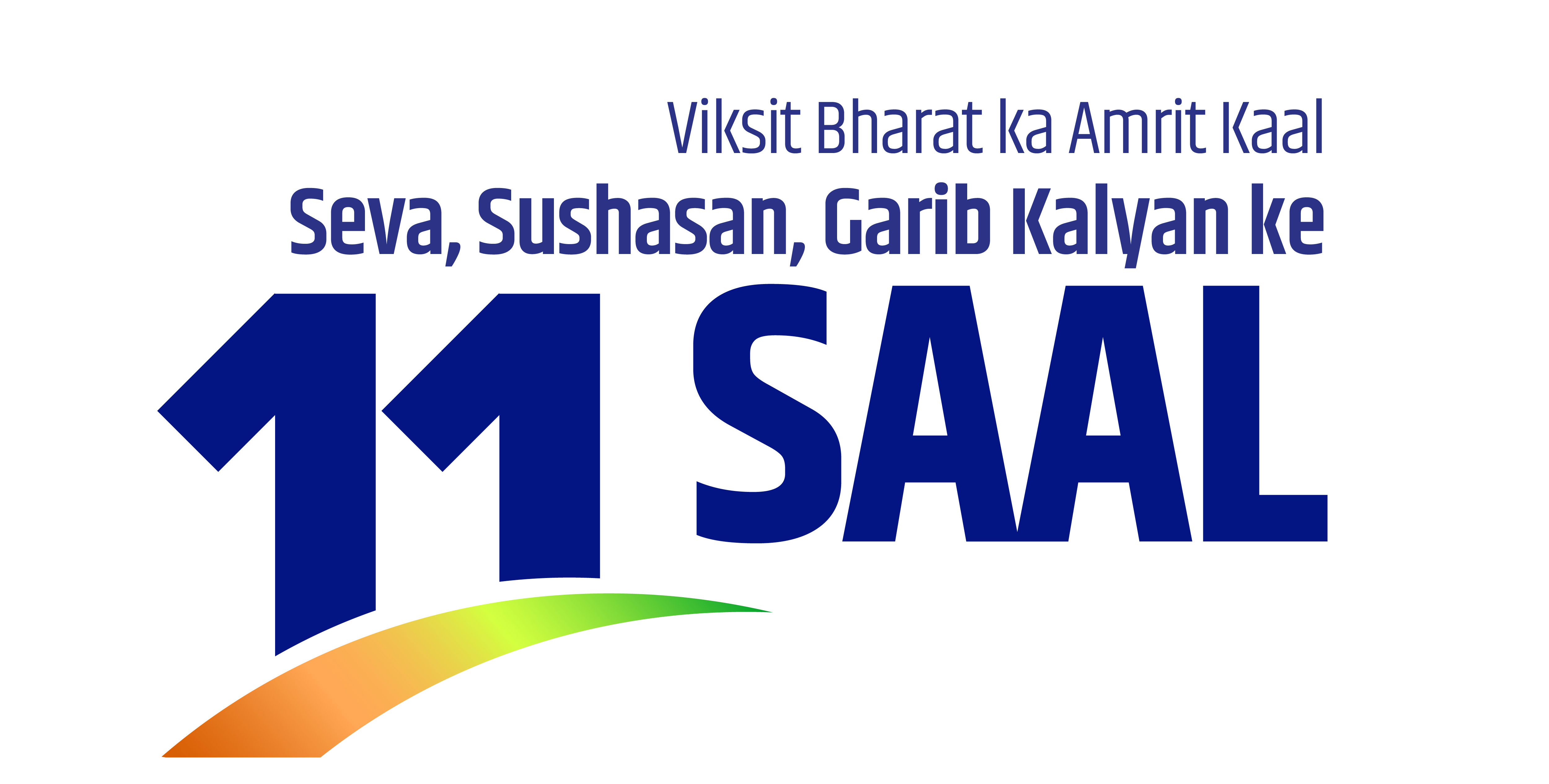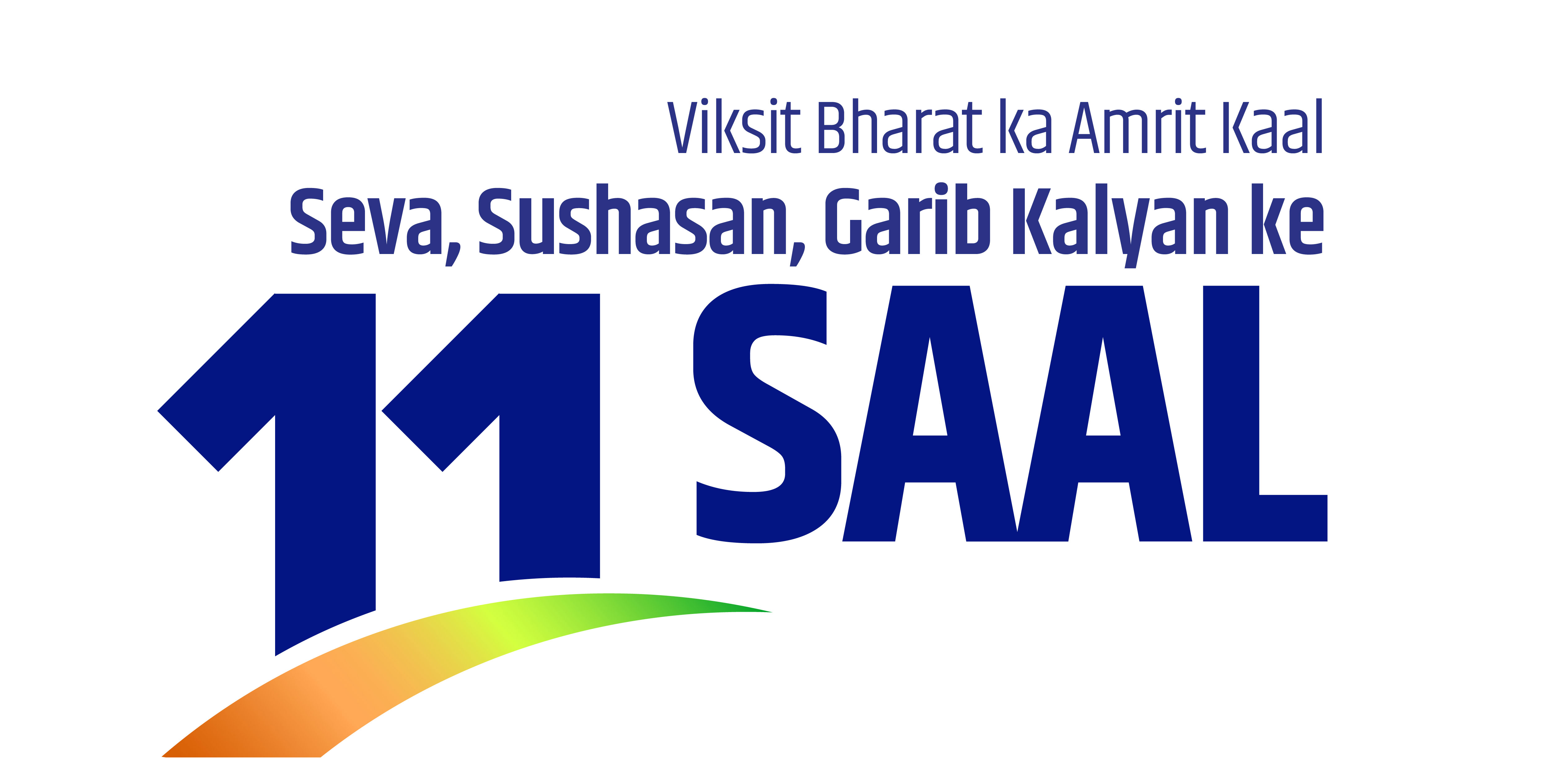

Achievements
- Serving The Poor, Honouring The Marginalised
- Empowering India's Amrit Peedhi
- Ensuring Farmer Welfare
- New momentum for Nari Shakti
- Advancing India's National Security and defence
- Infra at Speed and Scale
- India's Enduring Tech-Prowess
- India: A Global Economic Powerhouse
- Affordable, Accessible Healthcare For All
- Northeast India - A Growth Engine
- Ease of Doing Business
- Vishwamitra : A friend to the world
- Ease of Living For Middle Class
- Conserving Cultural Heritage
- Propelling LiFE Environment and Sustainability
Enabling Growth by Ending ‘Compliance Raj’
2022-05-30 09:27:00
Prime Minister Narendra Modi’s ever-encouraging attitude towards entrepreneurship and job creators has played a pivotal role in promoting a growth-oriented business environment in India. His words, “The public sector is essential but at the same time, the role of the private sector is also vital. Take any sector- telecom, pharma- we see the role of the private sector. If India is able to serve humanity, it is also due to the role of the private sector”, echo the sentiments that are driving New India’s growth story.
Since 2014, the Modi Government has introduced several reforms to remove the legacy of ‘inspector raj’ and ‘compliance raj’, increasing trust and transparency.
Labour reforms
It was only after PM Modi’s government took charge that the tangle of labour regulations in India, comprising 29 Acts with 1,458 sections, has been now been simplified into just four Labour codes with 480 sections.
The complex web of laws has now been subsumed into the
a) Code on Wages
b) Code on Industrial Relations
c) Code on Occupational Safety, Health, and Working Conditions
d) Code on Social Security

About 542 different kinds of minimum wages that were applicable earlier have now been simplified to 12. The Occupational Safety, Health and Working Conditions Code subsumes 13 Acts into 1 and too has been significantly reformed to suit the requirements of the 21st century. The number of registrations needed has been reduced from 6 to just 1. Similarly, the over licencing as well as taxation scenario has also been fine-tuned so that businesses can now function with minimal hassles.
By eliminating redundant regulations, this streamlining has also made it easier for authorities to ensure proper administration under the labour laws while simultaneously improving the compliance environment for businesses.

Moreover, by scrapping over 25,000 compliances and repealing around 1,400 obsolete laws, for the first time, India’s business ecosystem is becoming effective at safeguarding the rights of both employees as well as employers.
Shram Suvidha portal
Shram Suvidha Portal is a major initiative towards increasing the ease of doing business and reducing the complexities in labour law compliance.
The portal ensures a transparent labour inspection scheme through a computerised system based on risk assessment. It also mandates the uploading of inspection reports within 48 hours.
It provides for a common registration and compliance platform for many different compliances including EPFO, ESIC and other labour laws.
e-Inspection ensuring transparency
To ensure transparency within government machinery concerning EPFO, e-Inspection was launched to enhance clarity and ease in EPFO’s compliance machinery. The E-Inspection Form would be available in the user login of employers not filing ECR which enables employers to inform either closure of business or unpaid dues with a proposal for payment.
It nudges employers toward compliance and prevents undue harassment of non-wilful defaulters and eliminates inspector raj.
Virtual hearings for quasi-judicial cases
This initiative enhances ease and convenience for employers and employees to appear in hearings from remote locations of their choice. The system entails savings on time, travel and expenditure for parties while ensuring compliance with standard norms and fast track assessments of worker’s dues to generate better confidence in the quasi-judicial mechanism.
NSWS
The National Single Window System creates a single platform to identify and obtain all required approvals. As part of the 'Ease of Doing Business' mandate, the NSWS allows businesses to be free of incessant paperwork, duplication, information asymmetry, and inefficient approvals/registration tracking at the central and state levels. The site now hosts applications for approvals from 21 Central Departments and 14 State Governments, and more are being added.
The above initiatives, combined with several steps taken over the last 8 years of the Modi Government, such as the insolvency and bankruptcy code, GST, corporate tax reductions, personal income tax streamlining, FDI reforms and decriminalization of offences under the Companies Act, have boosted ease of compliance.
With PM Modi at the helm, India is undertaking critical changes to unlock the immense potential of entrepreneurship in the country. Given that the nation has embraced the spirit of Aatmanirbharta or self-reliance in the earnest, these reforms have paved the way for a future where India leads the way in business, particularly in the Amrit Kaal, as India reaches 100 years as an independent nation.
More Articles

Ease of Doing Business
सहज गवर्नेंस और सुदृढ़ विकास की नींव हैं प्रोसेस रिफॉर्म्स
June 7 , 2025
पिछले 11 वर्षों में भारत में शासकीय प्रणाली के काम करने के तौर-तरीकों और आम नागरिकों व व्यापार जगत के साथ तालमेल के तरीके में एक बड़ा बदलाव आया है। यह परिवर्तन प्रधानमंत्री नरेन्द्र मोदी के नेतृत्व वाली सरकार द्वारा प्रोसेस रिफॉर्म्स पर निरंतर ध्यान देने का परिणाम है। ये रिफॉर्म्स मुख्यतः तकनीक आधारित रहे हैं, जिन्होंने सरकारी प्रक्रियाओं को सरल बनाया, देरी को कम किया, अनावश्यक प्रक्रियाओं को खत्म किया और सेवाओं के प्रभावी वितरण को संभव बनाया। प्रधानमंत्री मोदी के नेतृत्व में इन सुधारों ने भारत

Ease of Doing Business
भारत में कानूनी सुधारों को पुरातन से प्रगतिशील दिशा
June 7 , 2025
पिछले 11 वर्षों में भारत के आर्थिक सुधारों का प्राथमिक उद्देश्य रहा है आसान, त्वरित और पारदर्शी व्यापार। व्यापार जगत में हो रहे इन बदलावों का प्रमुख आधार रहे हैं – पुराने और अप्रासंगिक कानूनों को हटाना तथा व्यापार से जुड़े कई छोटे कंप्लायंस को गैर-आपराधिक (Decriminalise) श्रेणी में लाना। प्रधानमंत्री मोदी के नेतृत्व में भारत सरकार ने कानूनों के आधुनिकीकरण, कंप्लायंस का सरलीकरण और नियामकों में विश्वास बहाल करके, व्यापार और सरकार के बीच संवाद की पूरी प्रणाली को बदल दिया है। बीते 11 वर्षों मे